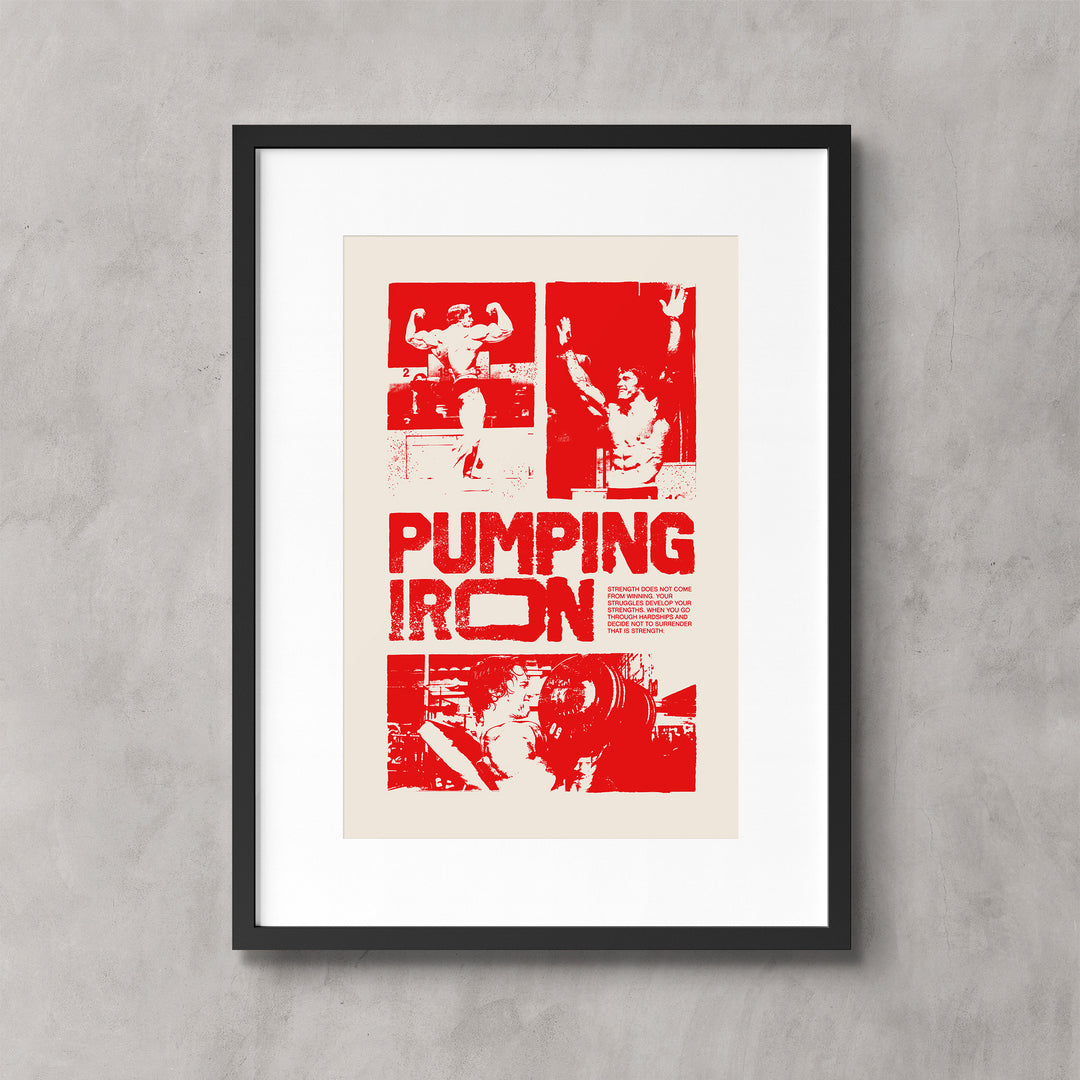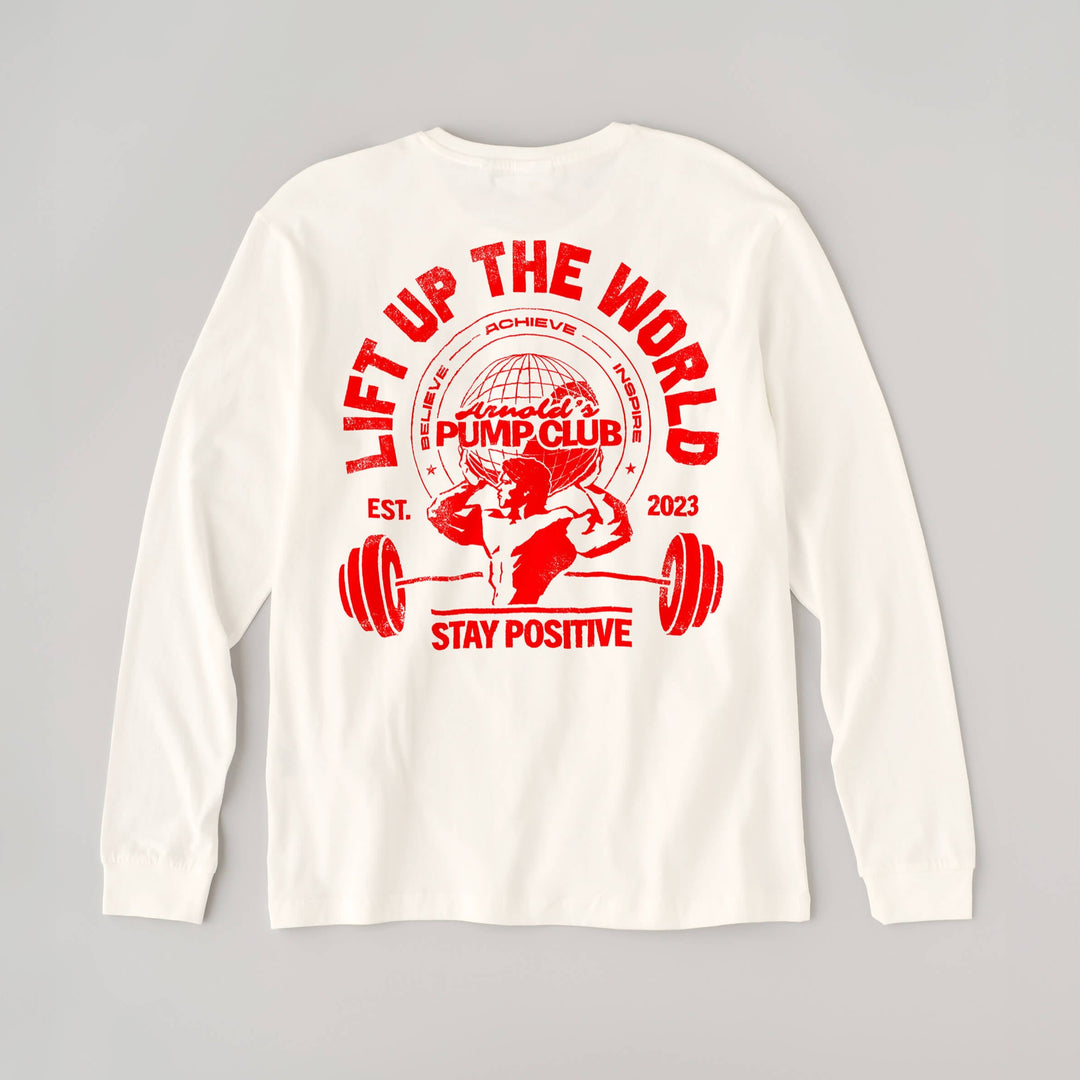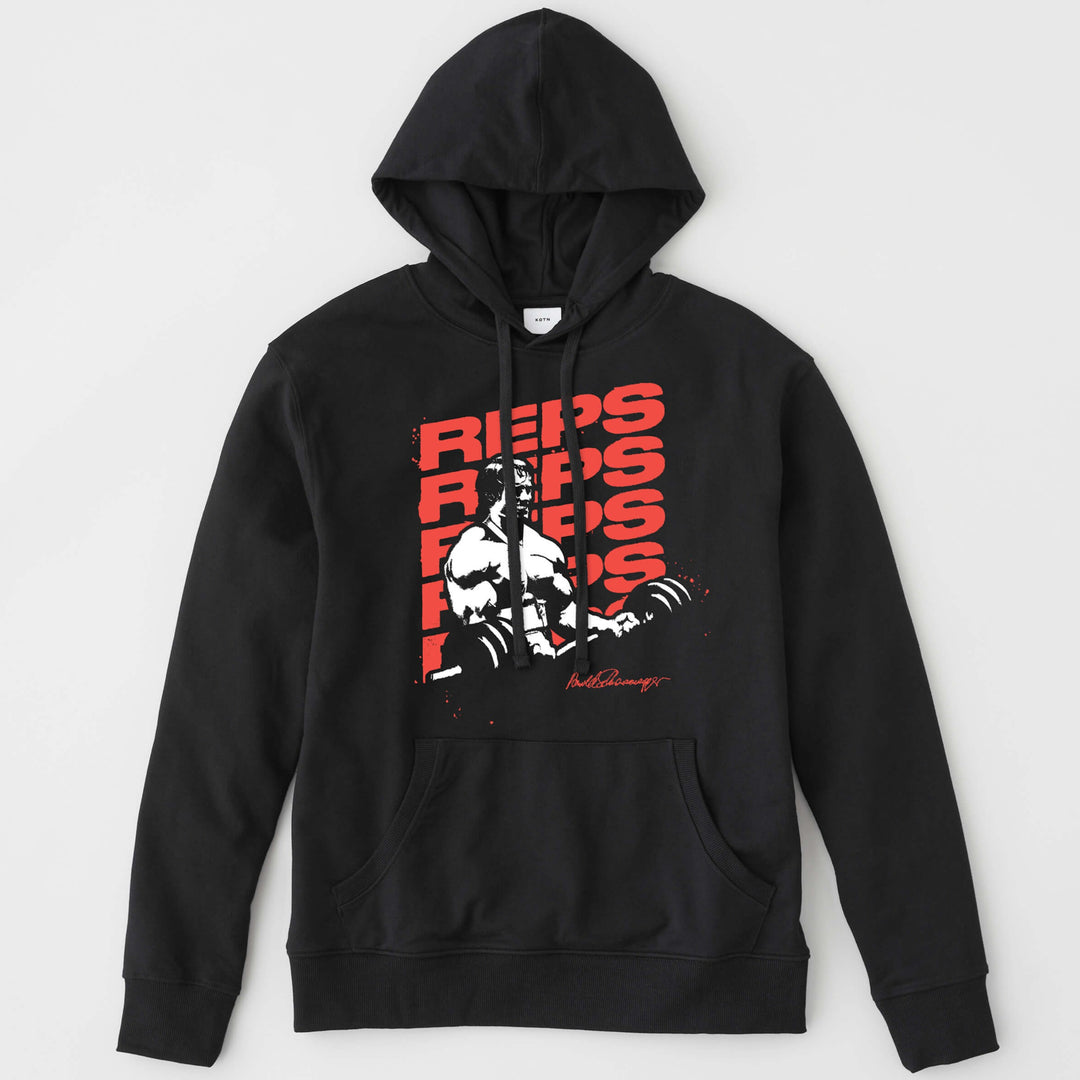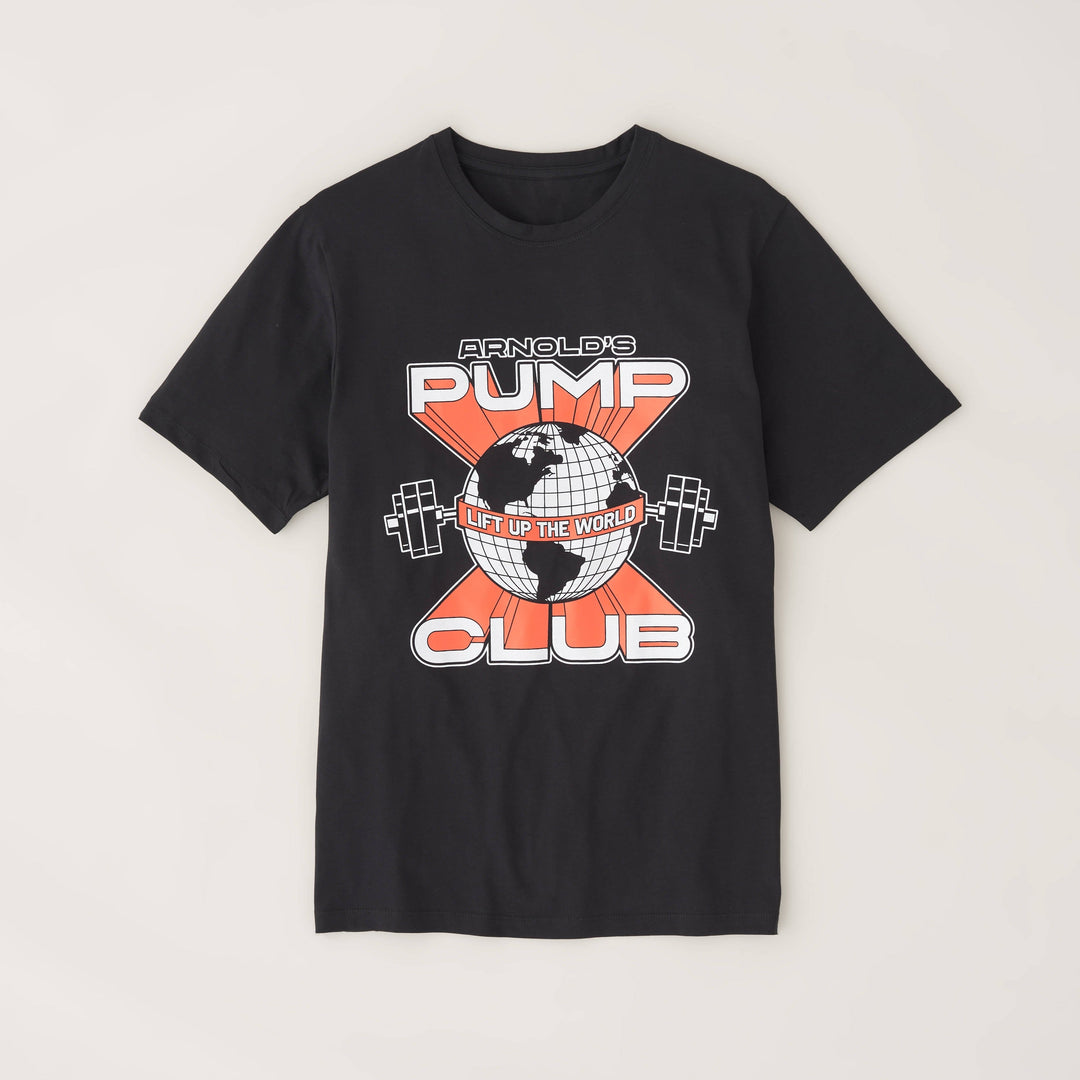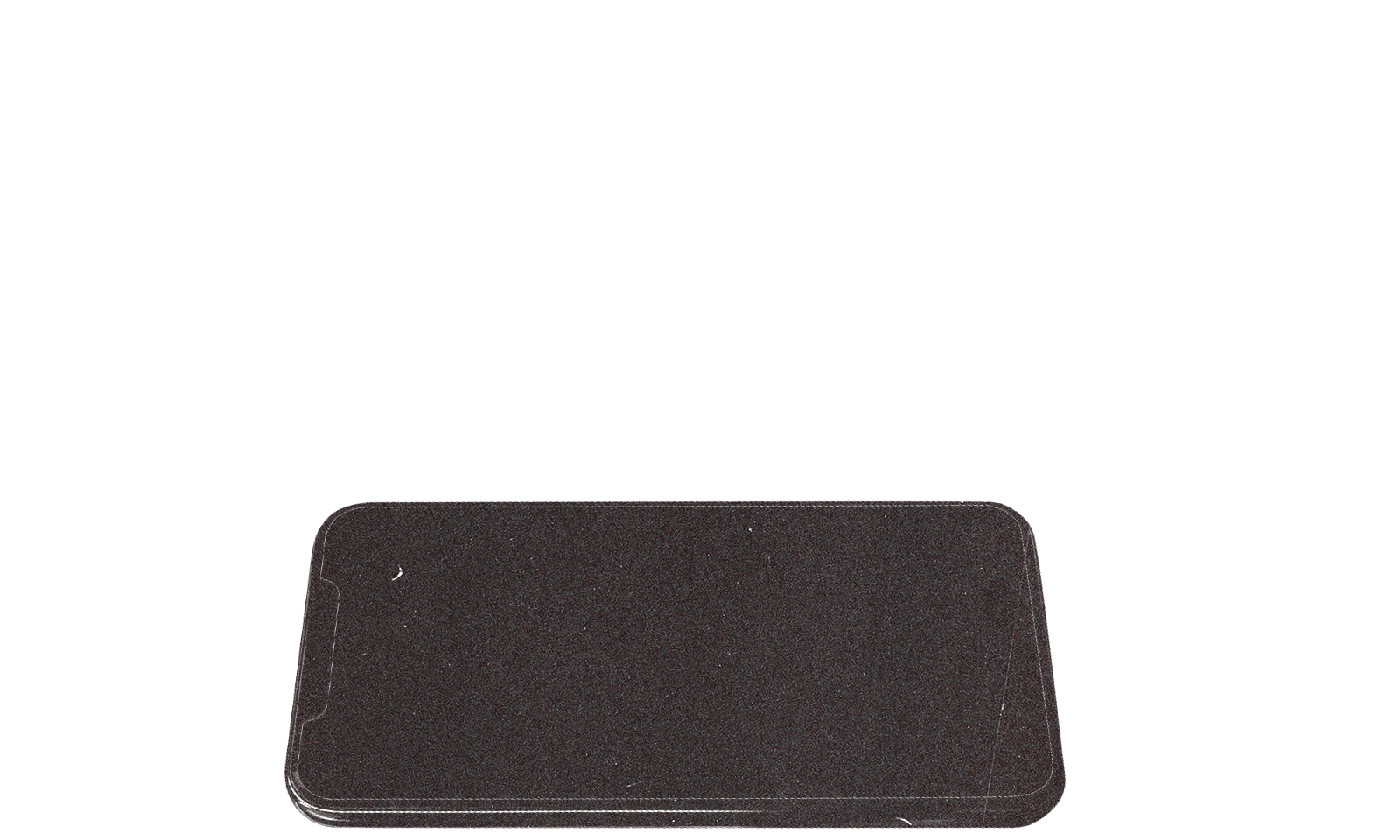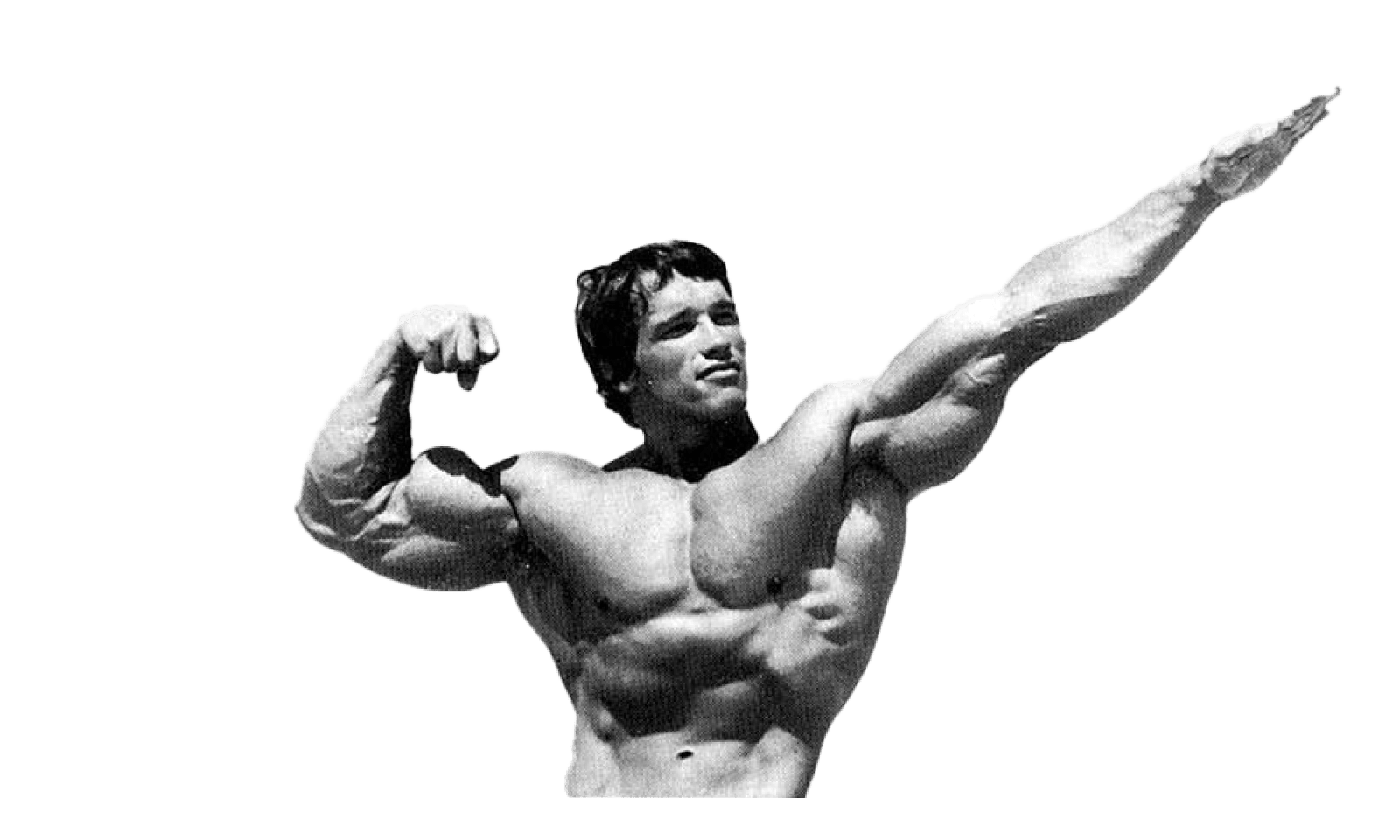Welcome to the positive corner of the internet. Every weekday, we make sense of the confusing world of wellness by analyzing the headlines, simplifying the latest research, and offering quick tips designed to make you healthier in less than 5 minutes. If you were forwarded this message, you can get the free daily email here.
Today’s Health Upgrade
Monday motivation
Are you part of the 99 percent?
Workout of the week
Arnold’s Podcast
Want more stories from Arnold? Every day, Arnold’s Pump Club Podcast opens with a story, perspective, and wisdom from Arnold that you won’t find in the newsletter. And, you’ll hear a recap of the day’s items. You can subscribe on Apple, Spotify, Google, or wherever you listen to podcasts.
Arnold’s Corner: Monday Motivation
I spent all weekend in Birmingham at the UK Arnold Sports Festival. I saw unbelievable feats of strength, bodybuilding battles and upsets, and more sports than you can imagine.
But even with all of these amazing spectacles, the best thing I’ve seen is something we often talk about in this newsletter: community.
Whether it’s the strongmen and strongwomen, the CrossFit athletes, the bodybuilders or bikini competitors, or the medieval fighting, I saw people competing with each other, cheering for each other, and lifting each other up.
No matter what their sport is, it gives them fitness, but it also gives them a community.
And I love that.
We’ve talked in this newsletter about how face-to-face interaction and being a part of a community are just as important to living a healthy life as exercise. And we’ve shared some of the brutal statistics about how loneliness, which is on the rise more and more as people disappear from the real world into their screens, hurts your health.
So, seeing all of these fantastic communities developing around sports gave me great joy.
It really hit home when I met the founding members of the Pump app for a hangout in the middle of the chaos of the festival.
Here were hundreds of people who had traveled from all over Europe and the UK, who before this only knew each other through their comments on the app, which, while they’re the most positive comments you’ll find on the internet, still isn’t the same as meeting in person.
And it was unbelievable. They shared some of their biggest struggles — heartbreaking stories like losing both parents in a car crash at Christmastime — and some of their greatest successes. One gentleman lost 40 kilograms (for my American friends, that’s almost 98 pounds) while keeping a streak of 48 weeks of training in the app.
No matter what they shared, tragedy or triumph, they were there for each other. They supported each other. They connected. They were part of something.
And that’s all most of us really want, right? We want to be part of something, to have people care about us and lift us up when we need it.
You might be surprised that my takeaway from a giant fitness festival filled with oiled-up bodybuilders and strongmen carrying thousand-pound yokes is that we all need to find our community.
You’ve heard me say that I’m not self-made. But maybe I haven’t been clear enough that I owe my success to my own community.
One of the most important decisions in my life was joining the weightlifting team in Graz when I was 15.
Almost immediately, I was a part of something bigger than me. There were teammates who trained together and went to the lake together, with some of them bringing meat to grill on an open fire. There were mentors who would listen to our concerns and give us advice while reminding us to train our minds as much as our bodies. There were long conversation-filled drives to compete against other cities, to travel to watch the world weightlifting championships, and be inspired by our heroes in person. Above all else, there was community.
That community created a new world for me, separate from the world my parents created.
I felt free but I also felt supported. I didn’t have to just rely on the community where I’d grown up in Thal any more. I had another community that was all mine, that believed I could be a champion and fostered my dreams.
That was the beginning of something that became a common thread throughout my life: wherever I went, I wanted to create a community. When I moved to Munich, we built up our gym family, and we all went to the beer halls together at night and trained together during the day. When I moved to America, our Gold’s Gym crew was the new family.
I am not exaggerating when I say my dreams couldn’t have become a reality without my community. It’s why I’m still obsessed with connecting and bringing people together 60 years later.
There is nothing better than having people to share your victories and failures, to push you, to celebrate you, to console you — to just be there for you.
So this week, while you work on your fitness and try to be a little better every day, I want you to think about your communities. I want you to be a part of something. I want you to connect.
Have a fantastic week, everybody!
Are You Part of the 99 Percent?
If you’ve ever struggled to improve your diet, you’re definitely not alone.
People who adhere to a nutrition plan — no matter what type of plan — are more likely to lose fat and keep it off. But here’s what really will catch your eye:
Research suggests people with a low level of adherence gain back 99 percent of the weight they lost.
So if you want to avoid being part of the 99 percent, it’s time to stop falling for the same trap. Research suggests three primary reasons why it’s hard to stick to your plan: lack of self-discipline, not knowing what to eat, and eating out too much.
We can’t give you more discipline, but it might not matter. If you can simplify your approach to food, limit your choices, and do the little things that help control your hunger, discipline becomes less important.
To help you stick to your plan, here are four scientifically supported tips to keep you on track.
1) Prioritize sleep: short sleepers struggle more with hunger, crave more calorically dense foods, and struggle more with willpower. Solve your sleep, solve your hunger.
2) Eat more protein: The choice is yours, whether plant-based or animal-based. Higher protein diets tend to support fullness and more calorie burning (protein burns more calories during the metabolic process than carbs or fat), and protein is harder to convert into fat.
3) Don’t follow extremes: The more you completely restrict, the more likely you are to overeat. A study published in the journal Appetite found that people who struggled with overeating and were told to cut out certain foods completely ended up eating 133 percent more calories than those who were given no instructions whatsoever.
4) Simplify your food prep: Most people have a meal that tends to give them the most trouble, and when they don’t eat well, it can lead to overeating the rest of the day. One solution is a meal replacement shake instead of a meal. The other? Meal delivery services that take the thinking out of eating.
Meal services might work because they give you the experience of a home-cooked meal without needing to worry about cooking experience or having the time. If you’re looking for a meal prep service, we highly recommend Trifecta. They take the stress out of eating by counting all the calories for you, offering meal plans for any type of diet (from vegan to Paleo), and having delicious meals designed by a two-Michelin-star chef. It’s like having a cook in your home without the insane cost.
Because we love taking care of the Pump Club, when you join now, all members of the village receive 50 percent off. Just use the code “ARNOLDSAYS” for 50 percent OFF your order. If you struggle with cooking, it’s worth trying for a week. Remember, small changes — big results.
Workout of the Week
After a weekend training with Arnold at the UK Arnold Sports Festival, it felt right to put together a plan with an Arnold favorite — supersets. Instead of chest and back or quads and hamstrings, we’re giving you a full-body plan combining supersets (doing back-to-back exercises). However, we added a little spin by mixing upper and lower body movements. This will help maximize intensity, minimize fatigue, and leave you with a fantastic full-body pump.
Based on your equipment, perform either the dumbbell or bodyweight exercises.
Superset 1
Rear-foot elevated split squat (dumbbell or bodyweight): 3 sets x 12-15 reps
Dumbbell overhead press or pushups: 3 sets x 8-12 reps
Superset 2
Dumbbell step up (or bodyweight): 3 sets x 10-15 reps
Bent-over dumbbell row (or bodyweight row or Superman pullup): 3 sets x 10-15 reps
Superset 3
Plank: 3 sets x 15-30 seconds
Dumbbell biceps curl (if you don’t have dumbbells, you can fill a backpack with books and curl them): 3 sets x 6-10 reps
Superset 4
Dumbbell Romanian deadlift or bodyweight hip raise: 3 sets x 8-12 reps
Dumbbell triceps extension or close grip pushups: 3 sets x 12-15 reps
Give it a try, and let us know how it goes!
—
Publisher: Arnold Schwarzenegger
Editors-in-chief: Adam Bornstein and Daniel Ketchell





